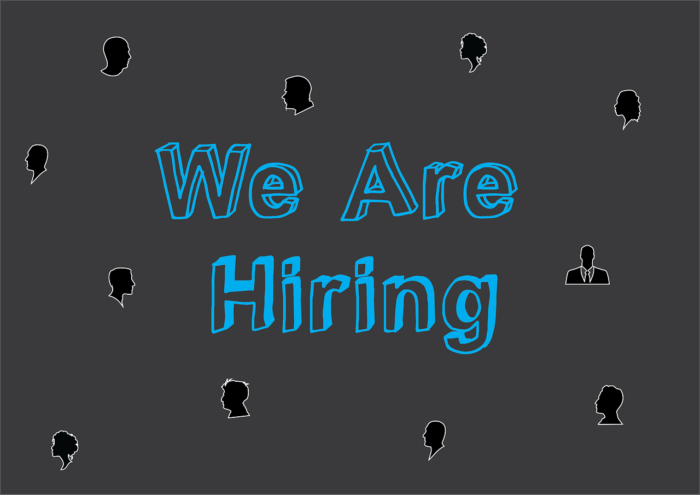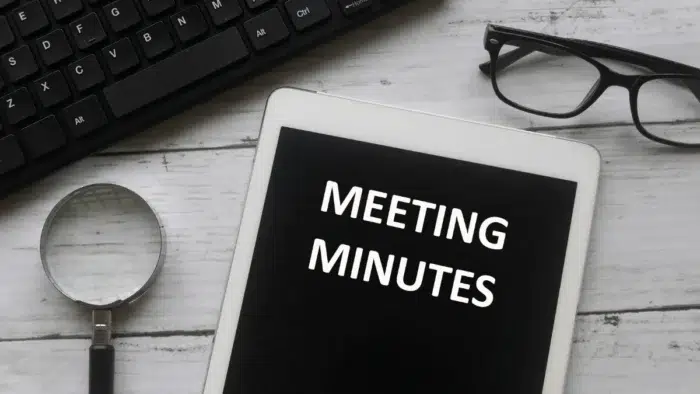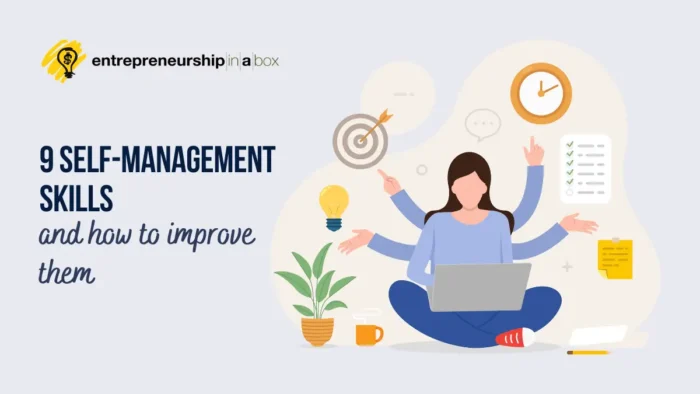Finding the right people for your company is difficult and time-consuming. Or is it? It all depends on what your process is. If you’re ready to make your hiring process more efficient, here’s how you can do it in just five quick steps.
1. Stop Posting Your Own Want Ads
A huge amount of time is spent posting ads on job boards and social media sites. You spend all that time writing out requirements and viewing applications just to throw most of them away. Why not skip that part all together?
- Hire someone else to determine how best to attract, engage, and hire qualified applicants for your company.
- This way, you can skip all that legwork and get right to the interviews.
- The sooner you get your applicants through their interviews, the sooner you can have new workers on the floor.
Don’t waste your own time or let unqualified applicants do it for you.
2. Focus On The Must-Haves
There are a lot of factors to consider when hiring a new employee. The fastest way to go about it is to focus on the must-haves. Here’s what to consider when making your list.
- Are there any special skills your applicant must have to perform the job?
- Is there a certain level of education that’s necessary?
- What soft skills does an applicant need to bring to the team?
- Will the applicant need to commit to any unusual schedule requirements?
- Is previous experience a must-have or are you willing to train the right person?
Get feedback from the rest of your team and compile a list of must-haves to speed up your interviewing process.
3. Throw Out The Bad Apples
One bad apple can be toxic to your entire work culture. So how do you avoid hiring a bad apple?
- Check into the background of applicants and identify why they left previous jobs.
- Call the applicant’s references and see what they have to say about them as a person.
- Have more than one person evaluate potential hires in their interview.
- Pay careful attention to your interviewee’s attitude and body language during their interview, especially when asking hard questions.
- Consider starting new employees off on a temporary contract so you have time to see how they perform in the role before committing.
- Hire young applicants who haven’t had time to pick up bad work habits.
Don’t hesitate to throw out a bad apple. They can bring down your work environment and drive away good workers.
4. Interview As A Group
There are several benefits to interviewing as a group.
- As mentioned in the previous section, it can help you identify applicants who may be a problem.
- Interviewing as a team gives you multiple perspectives on a potential team member.
- The other interviewers know the culture of your workplace and can identify if the person will be a good fit.
- Interviewing as a group allows the applicant to ask other employees how they feel about the company. This can help them decide if they want the job.
It’s always good to have more than one perspective. You may miss something that another team member will pick up on. So consider bringing at least one other person in.
5. Train The Right People
Sometimes the perfect person doesn’t have any experience yet. If you find someone who seems like a good fit for the company but lacks some of the necessary skills, consider training them. Here’s why.
- You’ll have the chance to make sure they’re trained to do things just the way you like.
- You can teach skills, but you can’t necessarily improve someone’s attitude. Someone with more experience isn’t an asset if they corrupt a whole team.
- You’ll have the chance to give back by helping someone start their career.
- Investing in your employees builds trust and loyalty.
It’s better to take time to train the right person than hire the wrong person and have to do it all over again.
Taking these five steps can improve the overall efficiency of your hiring process and your company.





